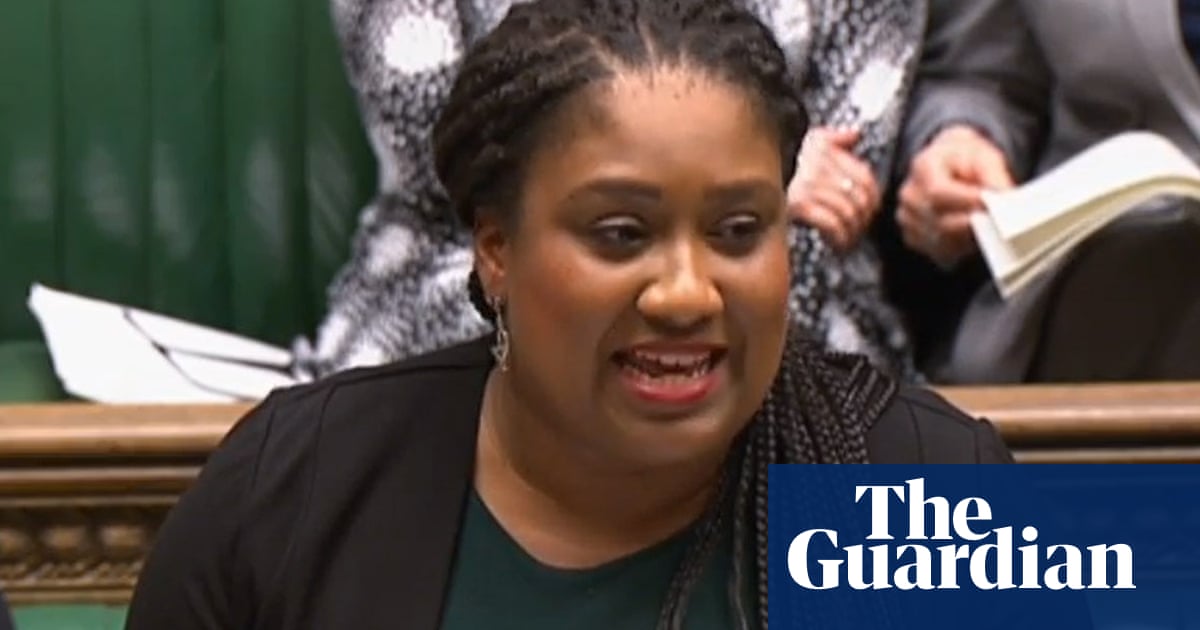
The Commission on Race and Ethnic Disparities has amended a controversial line on the slave trade in the race report this week after widespread criticism.
The report, published in March, was condemned after it claimed there was a new story to be told about the “slave period”, which was not just about “profit and suffering”.
A footnote has been added to clarify “this is to say that in the face of the inhumanity of slavery, African people preserved their humanity and culture. This includes the story of slave resistance”.
When the report was initially published, the commission was accused by critics, including Labour, of glorifying the slave trade, an allegation the commission’s chair, Dr Tony Sewell, fiercely denied.
Speaking at a Policy Exchange thinktank event, Sewell hit back at suggestions he was trying to put a positive spin on the slave trade. “We wanted to not only speak of the inhumanity of slavery but how African people managed to retain their humanity and resist slavery,” he said.
Sewell quoted from Bob Marley’s Redemption Song during his opening remarks. He said: “He [Marley] says this: ‘Old pirates, yes, they rob I/ Sold I to the merchant ships/ Minutes after they took I/ From the bottomless pit/ But my hand was made strong/ By the hand of the almighty/ We forward in this generation triumphantly/ Won’t you help me sing/ These songs of freedom?’
“He’s talking here about slavery, those pirates robbing him, how African slaves retained the powerhouse of their imagination. That was the thing that the slavers couldn’t take away from us. We had our imagination and this led to resistance and it’s led to us retaining our African culture right inside that horror of slavery.”
The update also notes the removal of Seamus Heaney from its examples of writers in the Commonwealth “steeped in British cultural traditions”, replacing the Irish poet with the Guyanese writer Sir Wilson Harris.
The report has been beset with controversies since its publication, with leading academics stating they were not properly consulted, and that they were never asked to produce research specifically for the commission. At least 20 organisations and individuals, who were listed as stakeholders in the report, have distanced themselves from its findings.
The commission has since amended the introduction of “commissioned research” section. Initially it stated the commission “requested new research from individuals and organisations”. The introduction now states that the commission “sought new and existing research and analysis from individuals and organisations” to aid its work. It also removed the name of two researchers, Prof Martin White and Dr Jean Adams.
The commission also removed the names of three people, S I Martin, Gerry Wareham and Stephen Bourne, from its list of stakeholders, and two organisations, the Race Council Cymru and the National BAME Youth Forum Wales. It added one organisation, Reach Society.
The review behind the report was set up by Downing Street to investigate racial disparities in the UK in response to the Black Lives Matter protests last summer.
The commission’s report notes that while racism and racial injustice do still exist, geography, family influence, socioeconomic background, culture and religion all have a greater impact on life chances.
A commission spokesperson said: “We made minor amends to the report to prevent misinterpretation of a specific point and ensure appropriate attribution.”












